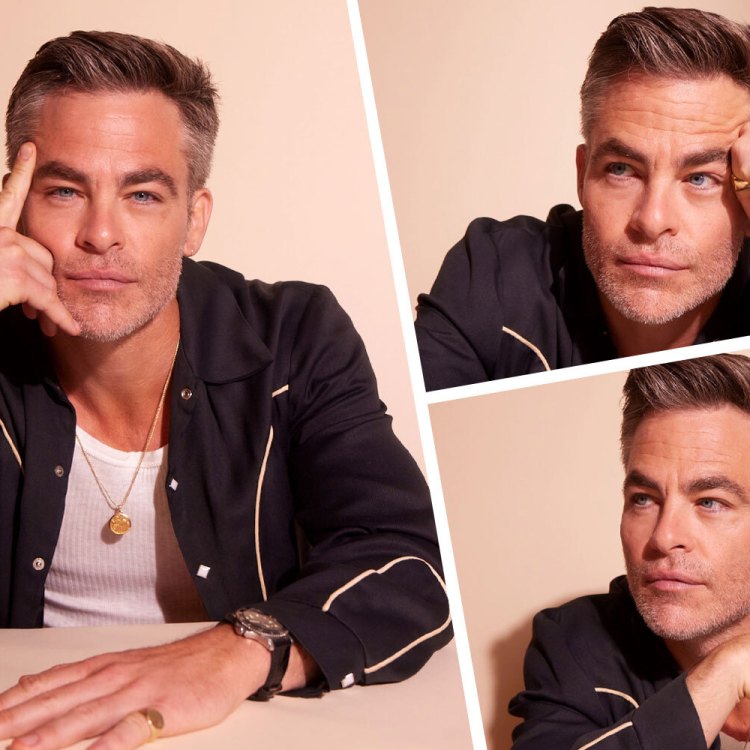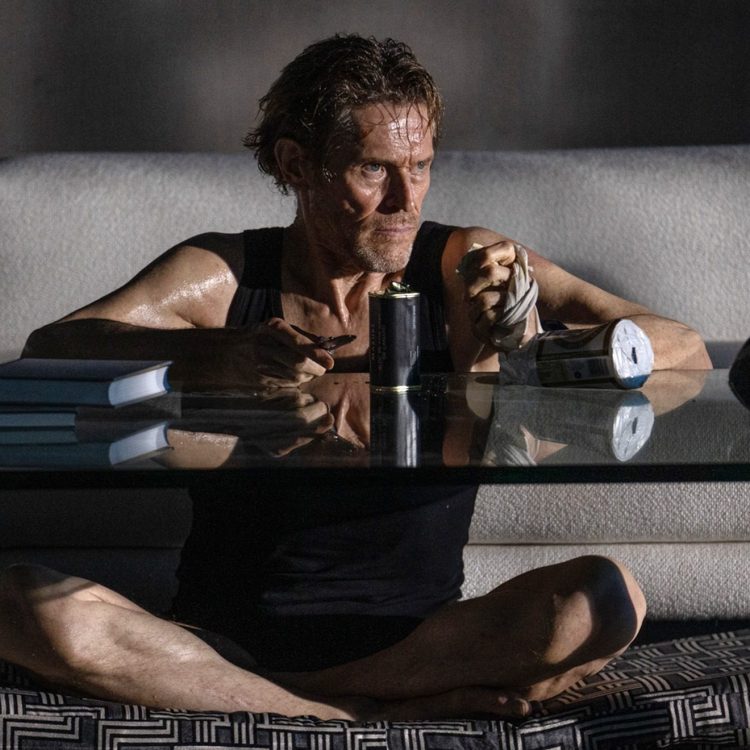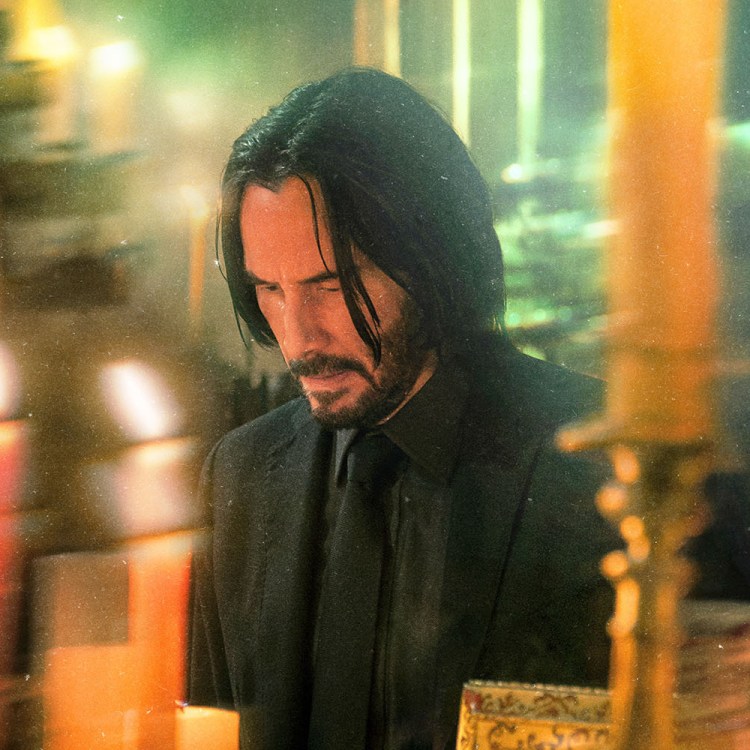When you think of leads in incredible film runs, your mind might go to Al Pacino from Panic in Needle Park in 1971 all the way to 1999’s Any Given Sunday, with the Godfather films (not counting the third), Dog Day Afternoon, Scarface and more hits than misses in between. Or Harrison Ford in the late-’70s when he was Han Solo and Indiana Jones, and still managed to find time to shape our idea of a dystopian future with Blade Runner. Or Humphrey Bogart’s late-’40s noir run, Robert De Niro’s three-decade run with Martin Scorsese, Denzel Washington from the ’90s well into the aughts, Meryl Streep’s entire career… and so on.
The point is, there are misses and gaps in all of those resumes. Nobody is perfect. For every Serpico or Scent of a Woman you get a Dick Tracy. Films that might not make sense in the middle of incredible runs or just downright suck. (The 1990 live-action version of the famous comic detective that Pacino played in doesn’t suck, it’s just weird.)
For well over a decade, from the early ’80s into the new millennium, Tom Cruise had one of those runs. Start with 1983’s Risky Business, work your way through The Color of Money and Rain Man, and end up at 1999’s Magnolia, and you get one of the more impressive little runs in movie history. He might not have a Goodfellas or Training Day in there, but there’s at least one Cruise film in that span that resonates with just about everybody. The biggest difference between Cruise and those other people is that, for the most part, they all stage late-career comebacks. (De Niro is TBD. Let’s see how he is in The Irishman.) Cruise pretty much did it all in the ’80s and ’90s, and has sort of been on auto-pilot since.
Still, maybe no single movie on his IMDB page hits home with people that grew up in the 1980s quite like Top Gun. Whether you think it’s an ahead-of -its-time action film, blatant military propaganda or, as Quentin Tarantino puts it in 1994’s Sleep With Me, a really subversive film about a man struggling with his own homosexuality.
Whatever your thoughts may be when it comes to the 1986 film about a troubled but brilliant fighter pilot with the most iconic volleyball scene in cinematic history, there’s a decent chance you missed the unveiling of the trailer for the long-awaited sequel with the state of the world being what it is and, well, making fun of the other preview that dropped, the one for Cats.
Here’s something I will say as somebody who was in first grade when the original Top Gun came out and who also makes fun of the movie but will watch it whenever it comes on TV: this could be really interesting.
Please note that I didn’t say “good,” because I couldn’t tell you that based on the trailer. I also couldn’t tell you if the first film was really that great, or if I’m just a really nostalgic bastard who loves Tony Scott bombast and really beautiful magic hour shots of Kelly McGillis driving around San Diego in a 1958 Porsche Speedster. Either way, Top Gun 2: Maverick is an intriguing addition to the Tom Cruise filmography.
I say interesting because Cruise, 57, is still a box office draw. He’s still one of the biggest names in Hollywood, but he’s long passed his heartthrob days, and, frankly, hasn’t done anything that worthwhile in over a decade. The Mission Impossible franchise is entertaining, but they cuddle up against a number of other forgettable action films. There’s not much that’s worthwhile.
This Top Gun sequel could easily fall in with all those other Cruise films that didn’t need to get made (The Mummy, anybody?), yet it gives us something that we’ve seen every now and then throughout Cruise’s career: insight into what’s up with Tom Cruise.
I don’t need to retread the stories of Cruise’s personal life. Yes, Scientology. Yes, the tabloid marriages and divorces. Yes to all the weirdness that is Tom Cruise. But as he’s done a couple of times, like with Stanley Kubrick in 1999’s Eyes Wide Shut and Paul Thomas Anderson’s Magnolia, two of his best performances, the notoriously closed-off Cruise might be opening up to the audience whether he realizes it or not. In those two films, we get a look at what, in hindsight, we see was really happening in Cruise’s private life. We get the crumbling marriage and the cracking actor.
Just one look at this trailer and you realize this movie isn’t so much about Lt. Pete “Maverick” Mitchell battling it out with bogeys; it’s about Cruise, dressed up as his famous character, doing battle with himself and time. He’s the old guy now. As one commanding officer tells him, after “30-plus years of service,” Maverick hasn’t gotten a promotion, he won’t retire and he hasn’t been killed. The whole preview is just older Cruise and his younger counterparts. He’s over the hill, but he doesn’t want to give up.
There’s something weirdly meaningful about that. In the post-Logan and post-Ben Affleck trying and wildly failing to play an older Batman world where we don’t need to see anymore how our superheroes are past their prime, Cruise offer us something different and honest: a flawed, very human (or as human as Cruise can get) hero from the past coming back and showing us he’s half the person he used to be. There’s something very un-Cruise about that, the same way we were surprised and pleased when he donned a bald cap to play Les Grossman in 2008’s Tropic Thunder. It’s Tom Cruise doing something we might not totally expect, except in this case, it’s under the guise of the most expected thing. Judging by the trailer (and note, you can’t read that much into a trailer), he’s using this sequel as an opportunity to show something a little deeper.
That’s why, despite everything I’ve come to think about Top Gun in the 30-plus years since it was released, and despite all the undeniable valleys of Tom Cruise’s career, I’m deeply curious about this sequel. I’m wondering if this Cruise, the older version pushing 60, could break out of the decade-long funk he’s been in, and if this version of one of Hollywood’s most talked about celebrities over the last few decades could truly start showing us more of who he really is. He could show that he’s actually human, and just like every other person in the middle part of his life, he’s trying to deal with the younger and faster world that he lives in as he marches on.
This article was featured in the InsideHook newsletter. Sign up now.






















